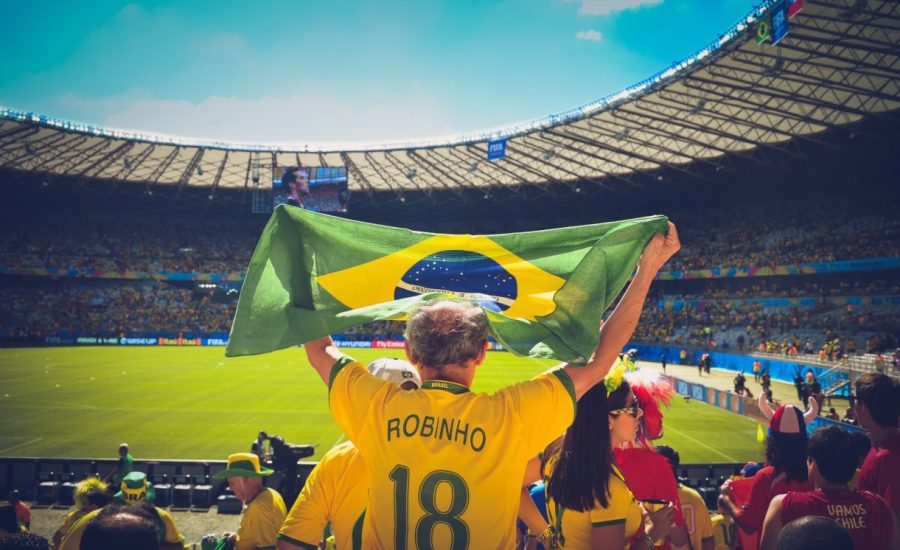Brazil’s Secretariat of Evaluation, Planning, Energy and Lottery (SECAP) has published its rules for sports betting in the country, which include a BRL22.2m (£3.6m/€4.2m/$4.4m) licence fee.
The Ministry of the Economy will act as the regulator and will establish a deadline – which will fall within the next six months – for operators already doing business in Brazil to comply with these rules.
There will be no limit on the number of licences that can be issued, with licences lasting five years. However, operators must pay a BRL22.2m (£3.6m/€4.2m/$4.4m) licence fee.
In addition, operators based abroad must set up a subsidiary in Brazil and must have “sufficient capital and economic and financial capacity” to operate.
The bill said whether a business’ financial capacity was “sufficient” would be determined by the relationship between its share capital and the volume of bets it takes, rather than setting a specific minimum amount of capital.
Operators will be permitted to offer bets on both traditional sports and esports, as long as the players involved are not exclusively minors.
Licensees must promote responsible gambling and provide information about the topic to players from launch, as well as including responsible gaming messaging in marketing messages.
Marketing messages also may not present betting as a solution to personal, professional or educational problems, an alternative to employment or a way to achieve financial security. Ads also must not feature or be targeted towards minors or suggest that a bettor can be consistently profitable through skill.
Licensees must also have a “contractual relationship” with an international integrity monitoring body, such as the International Betting Integrity Association (IBIA). In addition, they must share any data that would be sent to a global integrity body with the Ministry of Economy.
The Ministry will provide for an experimental “sandbox” regulatory regime, allowing certain operators to launch early before the full system is established.
It will provide details of this system, such as the criteria for selecting operators within the next 120 days.
The regulations will come into force 90 days after being signed into law by President Jair Bolsonaro, an event that is set to occur on 10 May.
The process to permit fixed-odds sports betting in Brazil was set in motion through the passage of Provisional Measure 846/18 in December 2018. This ave lawmakers a two-year window, to 2020, in which to develop sports betting regulations, though it also had the option to extend this period for two more years, meaning the final deadline is the end of 2022.
Operators were previously set to pay 3% of stakes as taxes, but this plan was later scrapped in favour of a revenue-based system last year. The regulations do not mention the tax rate, but again say that it will be based on revenue.
Earlier this year, Brazil’s Chamber of Deputies also voted to legalise casino, online gaming, horse racing, slot machines, bingo and jogo de bicho in the country.
The bill is currently under consideration in the Senate.




